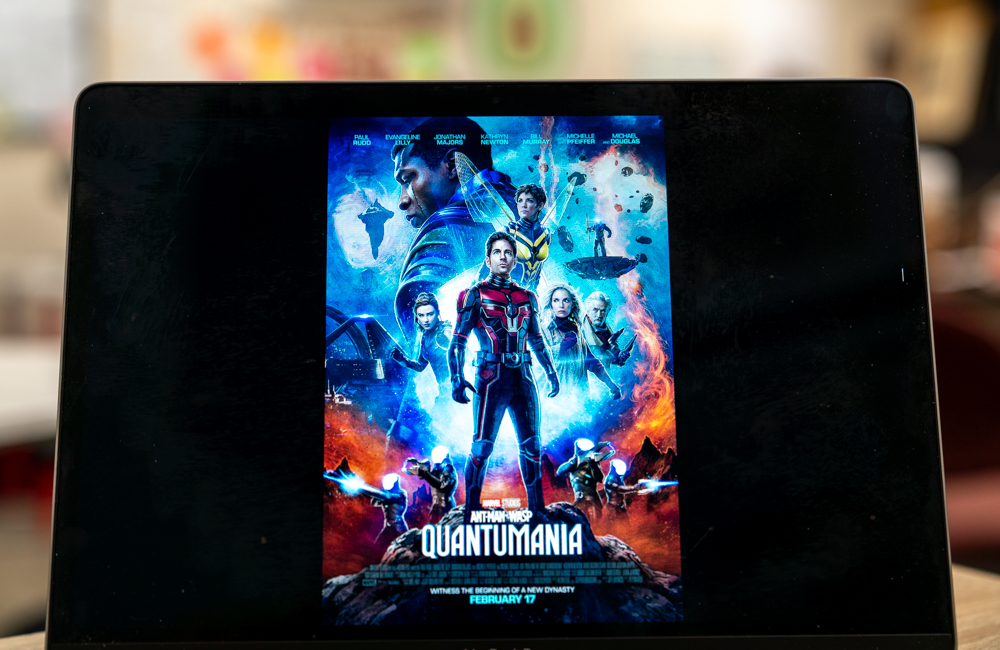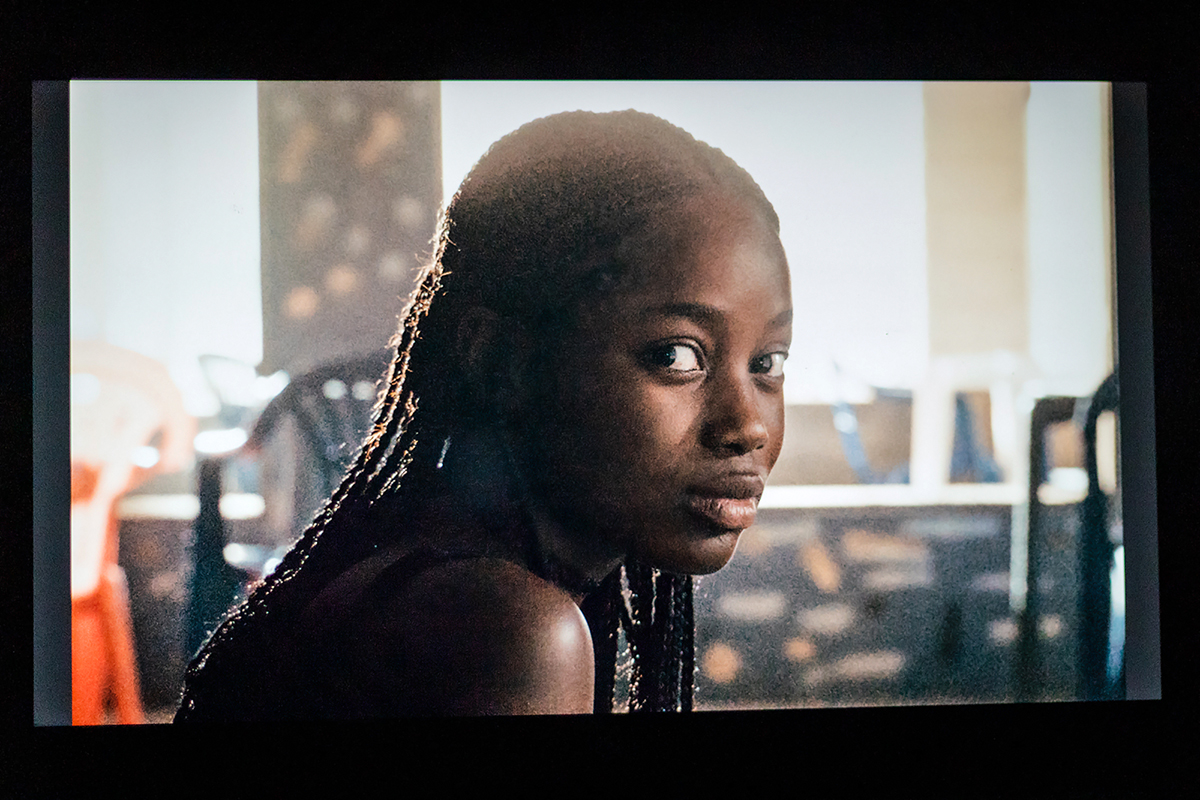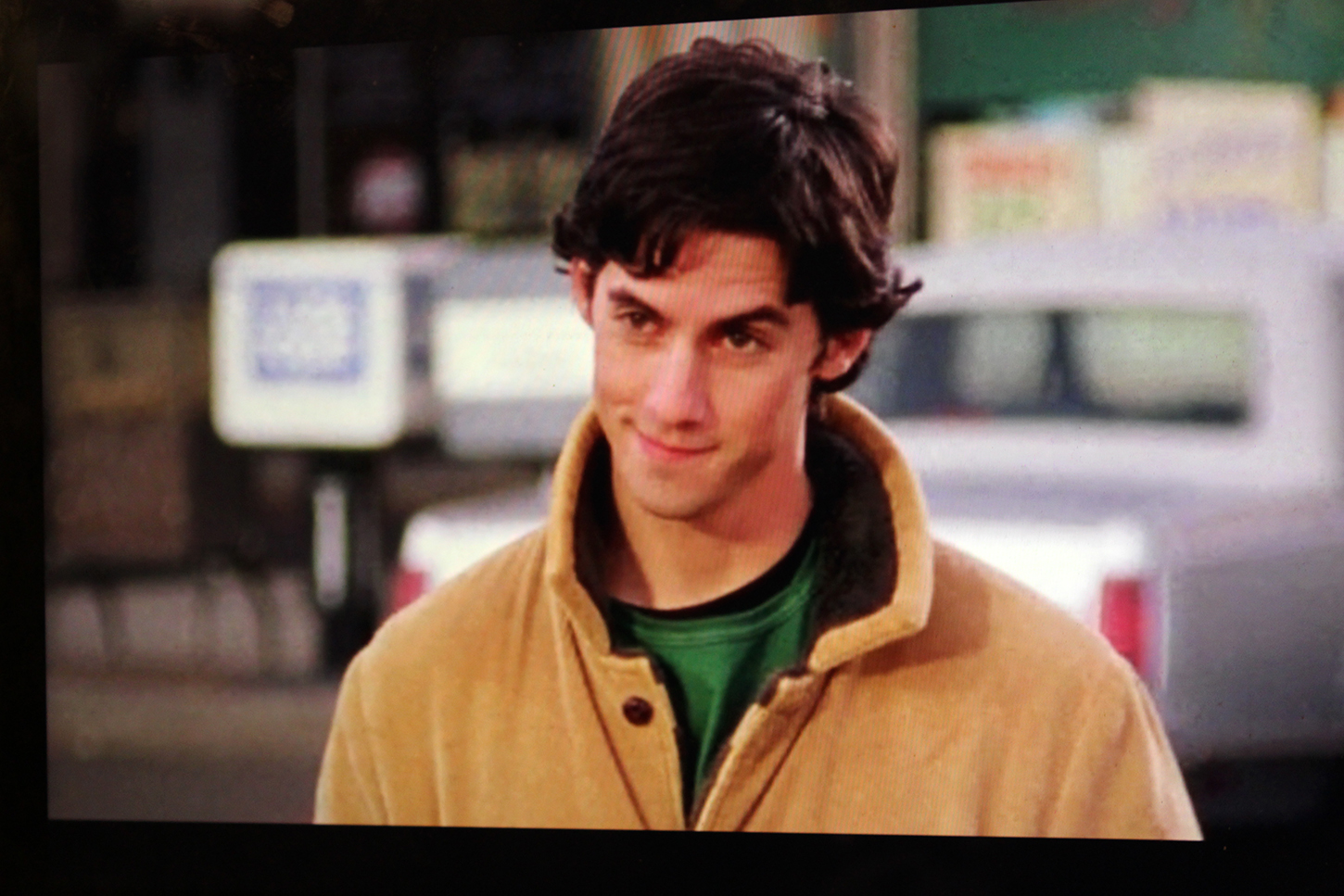In June of 2009, incumbent Mahmoud Ahmadinejad won Iran’s presidential election in an alleged landslide victory, sparking international and domestic concern over the legitimacy of the electoral process.
Amid the chaos caused by Tehran’s political upheaval, journalists were forced to find a balance between looking out for their personal safety and faithfully reporting on the protests.
On Tuesday, a panel of journalists who covered last year’s election in Iran shed light on the political turmoil in the Islamic Republic as part of a day-long event called “Covering Iran: Journalism and Truth Under the Siege” hosted by the College of Communication.
About 30 people attended the panel discussion, which was held in BU’s Photonics Center.
Stephen Kinzer, an award-winning foreign correspondent and BU visiting professor, moderated the discussion.
He suggested that as a world power, the U.S. could not afford to be ignorant of Iran’s political reality.
“If people in Paraguay don’t know anything about Iran, that’s sad, that’s their loss, but it really doesn’t shape the course of world events,” he said. “It’s much more dangerous when Americans don’t know about Iran, because we act on our ignorance.”
He said that conversely, Iranians suffer from an equal amount of ignorance concerning the U.S. as they are caught between “two VOAs”: the “voice of America” on one side and the “the voice of Ahmadinejad” on the other.
Kinzer said news agencies such as the BBC Persian Service try to provide a balance between these two ideological extremes.
Sadeq Saba, speaker and chief of the BBC Persian Service, said impartiality and accuracy were the BBC’s main principles.
“Apart from impartiality, accuracy is very important for us,” he said. “Sometimes accuracy is so important that we are behind other news organizations in covering events because we want to make sure that what we broadcast is accurate.”
He said the Iranian government detests the BBC even more than the anti-government channels because it offers unbiased news.
Saba then screened his film, “The Election That Shook Iran,” a short documentary that portrayed last year’s election.
Reese Erlich, a journalist who has been in the industry for 42 years, followed the screening with a discussion about the situation Kurds face in Iran.
He said although Kurds opposed Ahmadinejad and his government’s repression, they were suspicious of his political opponent, Mir Hussein Moussavi, who hadn’t done anything to promote Kurdish autonomy during his years as prime minister in the “80s.
“So while [Kurds] were in general supportive of popular discontent with the government, they wanted to know what as Kurds are we going to get out of this [the election]…And, unfortunately, that’s not been something that’s been very much reported on,” he said.
Nazila Fathi, a former New York Times correspondent in Tehran, said foreign news reporters were clear targets in protest crackdowns last year.
“The government thought that it could go ahead and end the protests by using violence, and in the meantime, they could intimidate us [reporters] into silence,” she said.
“My experience in covering Iran was that every time a protest was suppressed, it just emerged again only larger, and people were angry.”
She said that a few days after the elections, she and fellow reporters received letters from government officials stating that they weren’t allowed to leave their offices and that the government was not responsible if anything happened to them if they left.
She said she was forced to leave Iran after a few weeks due to numerous death threats.
Hooman Majd, an Iranian-American writer, said Iran’s government “has shown a lot of promise in the past”.
“It has shown promise that it could become an Islamic democracy, democratic in many, many aspects but we’ll still have a veneer of Islam…but the big disappointment is what happened in the elections.”
A number of BU students in attendance expressed concern for Iran’s political situation.
An Iranian BU graduate student, who said he lived in Iran for 25 years and partook in political demonstrations, said he attended the panel discussion because he cares about his country.
However, he said he did not want to disclose his name “because I was one of the people who participated in the demonstrations last year and I intend to go back to my country one day.”‘
College of Arts and Sciences freshman Sherwin, who opted not to disclose his last name for the same reason as the grad student, said the lecture was enlightening.
“Everyone is just concerned that these millions of people who have these voices are not being heard at all, and it’ll be an unfortunate thing if the majority of Iran feels this way and is being controlled,” he said.

























































































































